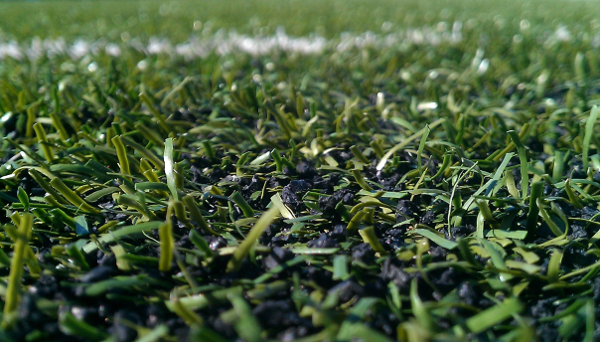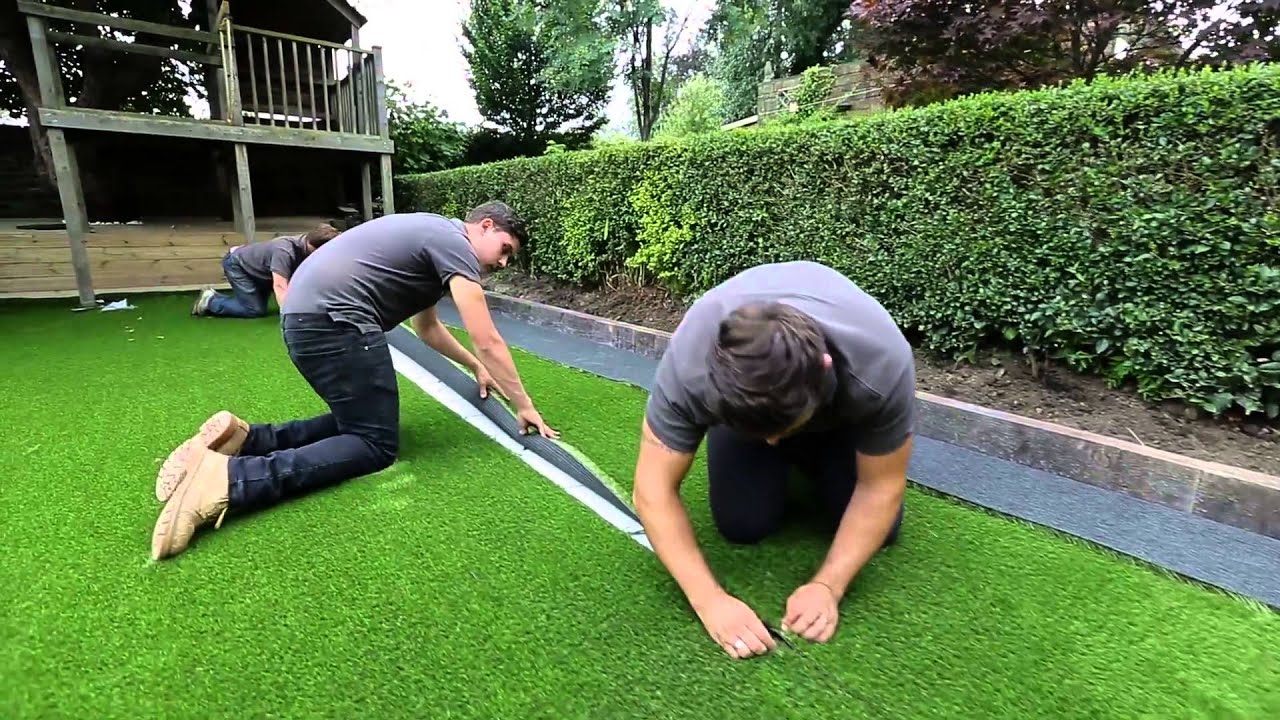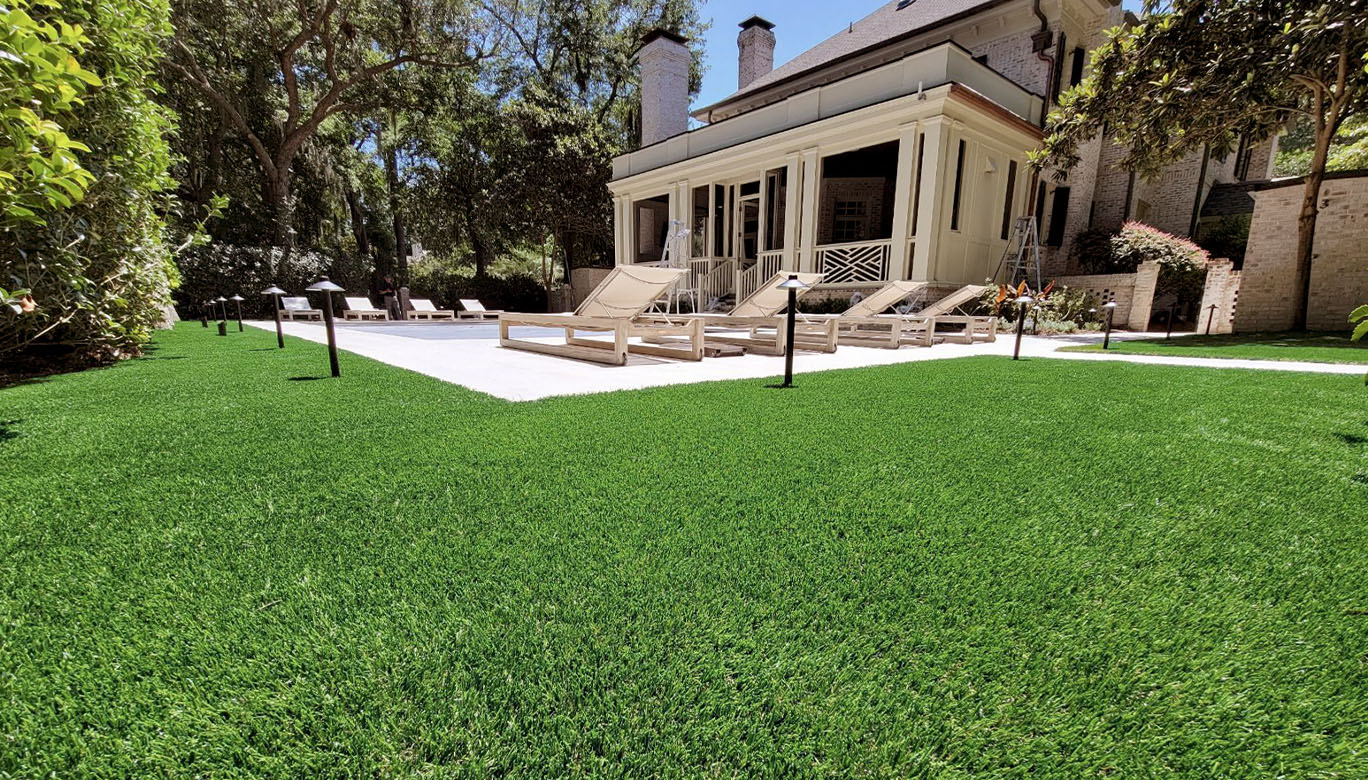Choose Reliable Artificial Turf Companies Phoenix for Long-Lasting and Realistic Grass
Choose Reliable Artificial Turf Companies Phoenix for Long-Lasting and Realistic Grass
Blog Article
Look Into the Environmental Perks of Opting for Artificial Grass Solutions
The fostering of man-made grass options provides a compelling possibility to deal with pushing environmental difficulties. By considerably minimizing water use and reducing the application of damaging chemicals, these alternatives not only advertise lasting landscaping however also safeguard local communities.
Water Conservation Conveniences
One of the most considerable benefits of fabricated grass is its capacity to conserve water. Standard grass lawns need substantial irrigation, especially in areas vulnerable to drought or water constraints. On the other hand, synthetic grass does not require watering, substantially minimizing the total demand for water resources. This feature is especially helpful in dry regions where water scarcity is a pressing problem.
By eliminating the requirement for normal watering, synthetic grass adds to lasting landscape techniques and assists minimize the ecological impact of extreme water consumption. In addition, the preservation of water includes the decrease of runoff, which can cause soil erosion and waterway air pollution.
Furthermore, the installment of synthetic grass permits home owners and municipalities to designate water sources much more effectively, focusing on necessary uses such as drinking water and farming. The shift towards synthetic lawn not just promotes accountable water usage but likewise lines up with more comprehensive environmental goals targeted at protecting natural deposits.
As neighborhoods progressively prioritize sustainability, the water conservation advantages of synthetic grass offer a compelling situation for its adoption in business and property landscaping tasks.
Minimized Chemical Use
The change to synthetic turf considerably reduces the dependence on chemical treatments commonly used in natural grass upkeep. Traditional lawn administration normally involves the application of pesticides, fertilizers, and herbicides to promote growth and control insects. These chemicals can posture risks to human health, regional wildlife, and the setting, adding to dirt and water contamination.
In contrast, synthetic grass removes the requirement for these harmful compounds. As soon as mounted, it calls for marginal upkeep, largely including regular cleansing and occasional infill replenishment. This decrease in chemical usage not just benefits the prompt setting however additionally adds to wider environmental security. By lessening the launch of synthetic substances into the ecological community, man-made lawn promotes healthier dirt and water supply.
Furthermore, the lack of chemical runoff related to synthetic grass setups helps secure local waterways from pollution, sustaining water life and keeping biodiversity. Phoenix turf companies. As areas increasingly focus on sustainable practices, choosing artificial turf presents a sensible remedy that lines up with ecological conservation objectives. Through this change, homeowner can delight in lush eco-friendly rooms without jeopardizing ecological health and wellness, leading the means for an extra sustainable future
Reduced Carbon Impact

Moreover, the installation of man-made grass can result in substantial water conservation. All-natural yards need significant amounts of water for watering, which not only contributes to the carbon footprint related to water removal and therapy yet also stress neighborhood water resources. On the other hand, synthetic grass requires very little maintenance, needing no watering, therefore dramatically reducing water usage and its associated energy expenses.
Furthermore, the longevity of synthetic grass adds to its lower carbon influence. With a life expectancy of approximately 15 years or more, the need for constant substitutes is reduced, leading to less waste and reduced power intake in manufacturing and dealing with conventional grass page alternatives. Overall, artificial grass presents a lasting choice for eco conscious landscape design.
Environment Conservation
Habitat preservation is an essential factor to consider in the dispute over landscaping choices, specifically when comparing artificial grass to natural yard. Natural grass yards often need considerable maintenance, including the use of plant foods, herbicides, and chemicals, which can negatively influence regional ecosystems. These chemicals can seep into the dirt and rivers, hurting native plants and animals and interrupting regional habitats.
On the other hand, synthetic grass presents an opportunity to decrease the environmental impact of landscape design. By selecting artificial turf, home owners can decrease the disturbance of natural environments related to traditional grass care techniques. Synthetic grass gets rid of the demand for harmful chemicals, thereby shielding neighboring wildlife and keeping the honesty of bordering ecosystems. The installment of synthetic grass can lead to the conversion of previous yard locations right into more biodiverse landscapes, such as pollinator yards or indigenous plant areas, which can support neighborhood wildlife.
Eventually, the transition to man-made turf not just saves water and reduces maintenance initiatives yet additionally promotes a more harmonious relationship between human activities and the natural setting, promoting environment conservation in the process.
Long-Term Sustainability
Long-term sustainability is this content a critical consider evaluating the benefits of synthetic grass over conventional yard yards. One of the most significant advantages of synthetic grass is its resilience; it can last up to 15-20 years with minimal upkeep, whereas natural yard needs regular reseeding and substitute. This longevity lowers the requirement for continuous sources, such as water, fertilizers, and pesticides, which are crucial for keeping a healthy turf yard.
Furthermore, synthetic grass contributes to a reduction in carbon discharges connected with yard care tools. Conventional yards typically call for gas-powered lawn mowers, leaners, and blowers, all of which add to air contamination. Arizona artificial turf. On the other hand, artificial turf gets rid of the requirement for such tools, advertising a cleaner atmosphere
Additionally, the production of man-made lawn progressively utilizes recycled products, boosting its sustainability profile. As makers embrace eco-friendly techniques, the environmental footprint of synthetic grass remains to diminish.

Conclusion
The fostering of man-made turf services presents significant environmental benefits, consisting of substantial water preservation, lowered reliance on damaging chemicals, and a reduced carbon impact. Man-made turf help in maintaining natural environments by minimizing land disruption and promoting long-lasting sustainability through the usage of sturdy products. Collectively, these factors emphasize the possibility of synthetic grass to add positively to environmental health and provide a feasible alternative to traditional landscaping practices in a significantly resource-conscious world.
In contrast, artificial turf does not require watering, considerably minimizing the total need for water sources. By minimizing the launch of artificial compounds into the community, artificial lawn advertises healthier dirt and water systems.
Additionally, the installation of artificial turf can result in significant water conservation. In contrast, fabricated lawn needs very little upkeep, calling for no watering, therefore significantly minimizing water usage and its associated power prices.

Report this page